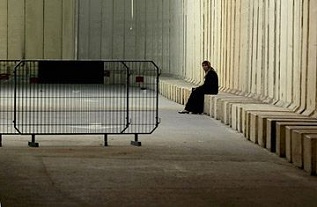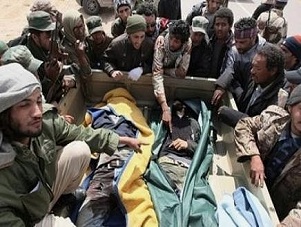9/11 and the Orwellian Redefinition of "Conspiracy Theory"
Paul Craig Roberts
Global Research

A country whose population has been trained to accept the government’s word and to shun those who question it is a country without liberty in its future.
While we were not watching, conspiracy theory has undergone Orwellian redefinition.
A “conspiracy theory” no longer means an event explained by a conspiracy. Instead, it now means any explanation, or even a fact, that is out of step with the government’s explanation and that of its media pimps.
For example, online news broadcasts of RT have been equated with conspiracy theories by the New York Times simply because RT reports news and opinions that the New York Times does not report and the US government does not endorse.
In other words, as truth becomes uncomfortable for government and its Ministry of Propaganda, truth is redefined as conspiracy theory, by which is meant an absurd and laughable explanation that we should ignore.
When piles of carefully researched books, released government documents, and testimony of eye witnesses made it clear that Oswald was not President John F. Kennedy’s assassin, the voluminous research, government documents, and verified testimony was dismissed as “conspiracy theory.”
In other words, the truth of the event was unacceptable to the authorities and to the Ministry of Propaganda that represents the interests of authorities.



























